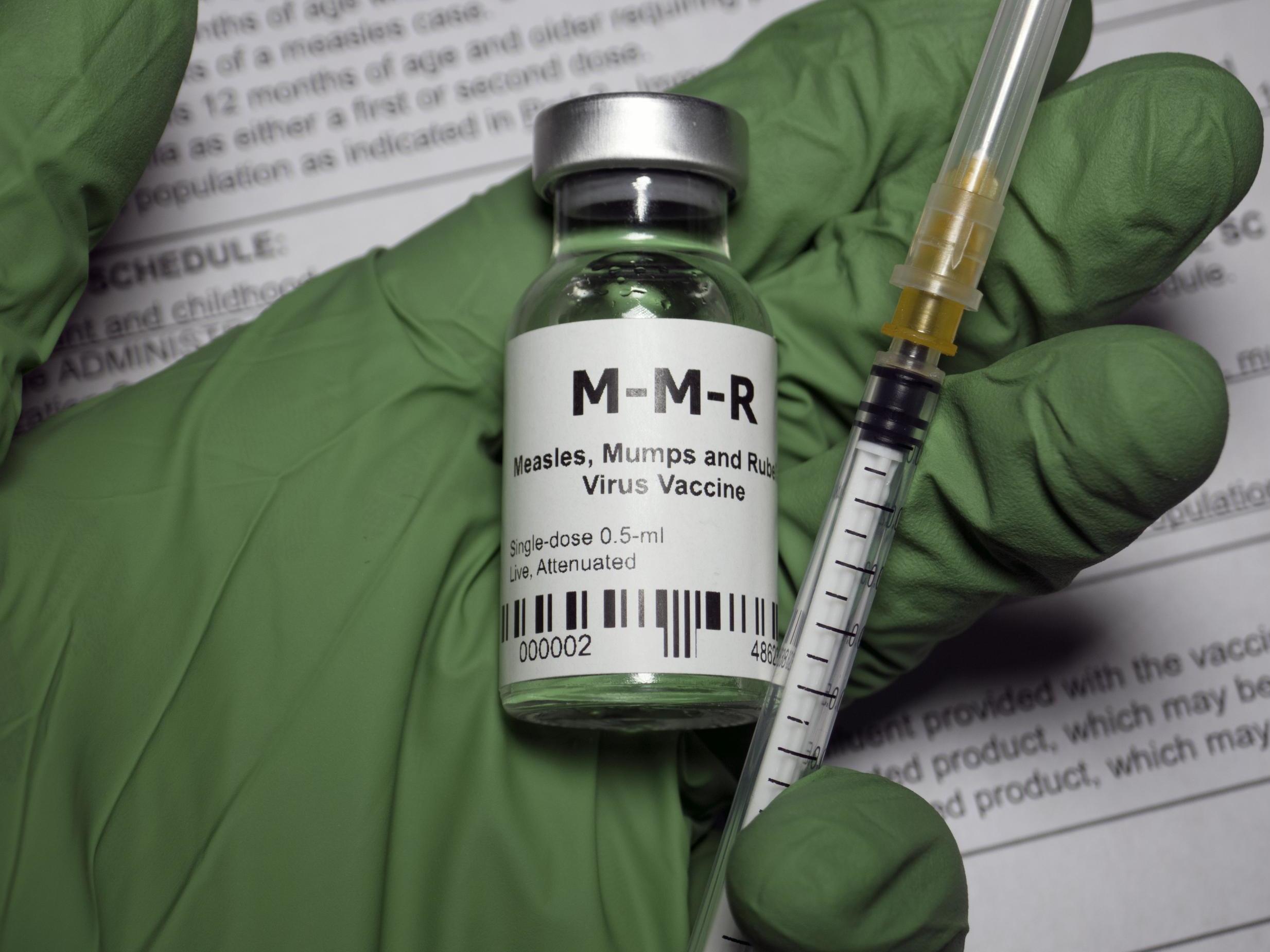Falling vaccination rates among children blamed on difficulty booking GP appointments
NHS system for calling pre-schoolers for vaccines is 'inconsistent', report warns

Parents are finding it difficult to access GP appointments to vaccinate their children, a phenomenon which has contributed to a fall in immunisation rates, the Whitehall spending watchdog has found.
The National Audit Office (NAO) warns of an inconsistent system for calling children for vaccines – especially among “under-served” groups, such as travellers, who have a lower vaccination uptake.
NHS England missed the 95 per cent uptake target for nearly all routine pre-school jabs in 2018-19, following a general downward trend since 2012-13.
Just 86.4 per cent of children had had the full dose of the measles, mumps and rubella (MMR) jab by the age of five in 2018-19, which is below the World Health Organisation’s 95 per cent target.
The timing and availability of GP appointments, as well as childcare pressures, are some of the possible reasons for falling pre-school vaccination rates, the NAO report says.
It warned there has been “no coherent system” for calling or recalling children to have vaccines since primary care trusts were abolished in 2013, adding that reminders are “inconsistent.”
NHS England data shows regional variations in vaccine uptake, with particularly low levels in London.
It comes after health secretary Matt Hancock said last month that he is considering introducing mandatory vaccinations for schoolchildren in England.
His comments came after Boris Johnson unveiled a campaign to stop the spread of misleading anti-vax information following a rise in measles cases.
The prime minister announced that parents would be offered new evidence-based advice to address their concerns about jabs and to correct false information about the dangers of vaccinations.
However, the NAO report found “limited evidence of any major impact on vaccination uptake rates” in England from anti-vaccination messages on social media.
But it did find that some parents have concerns that make them reluctant to vaccinate their children.
While a combination of all these factors appear to be behind falling vaccination rates, NHS England and Public Health England (PHE) “do not know the relative impact of each potential cause”.
Professor Helen Stokes-Lampard, chairwoman of the Royal College of GPs, said the figures on vaccine drops were “very concerning”.
She said GP practices had systems in place to notify patients when childhood vaccinations are due and to follow up children who miss their jabs.
“However, these systems will be on a practice-by-practice basis, and we would agree with the NAO that a more standardised approach would be a sensible measure to consider,” she added.

Professor Stokes-Lampard added that GPs “try to be as flexible as possible” in offering appointments at certain times, but doctors are “working under intense resource and workforce pressures”.
A Department of Health and Social Care spokesperson said: “Vaccines save lives, and are a cornerstone of public health. We are incredibly concerned by the decline of vaccination rates, and are taking urgent action to reverse this.
“We expect anyone who needs a vaccine to be able to access it, and our upcoming vaccination strategy will bring together concerted efforts across the health system to improve uptake rates.”
Additional reporting by Press Association
Join our commenting forum
Join thought-provoking conversations, follow other Independent readers and see their replies
Comments
Bookmark popover
Removed from bookmarks